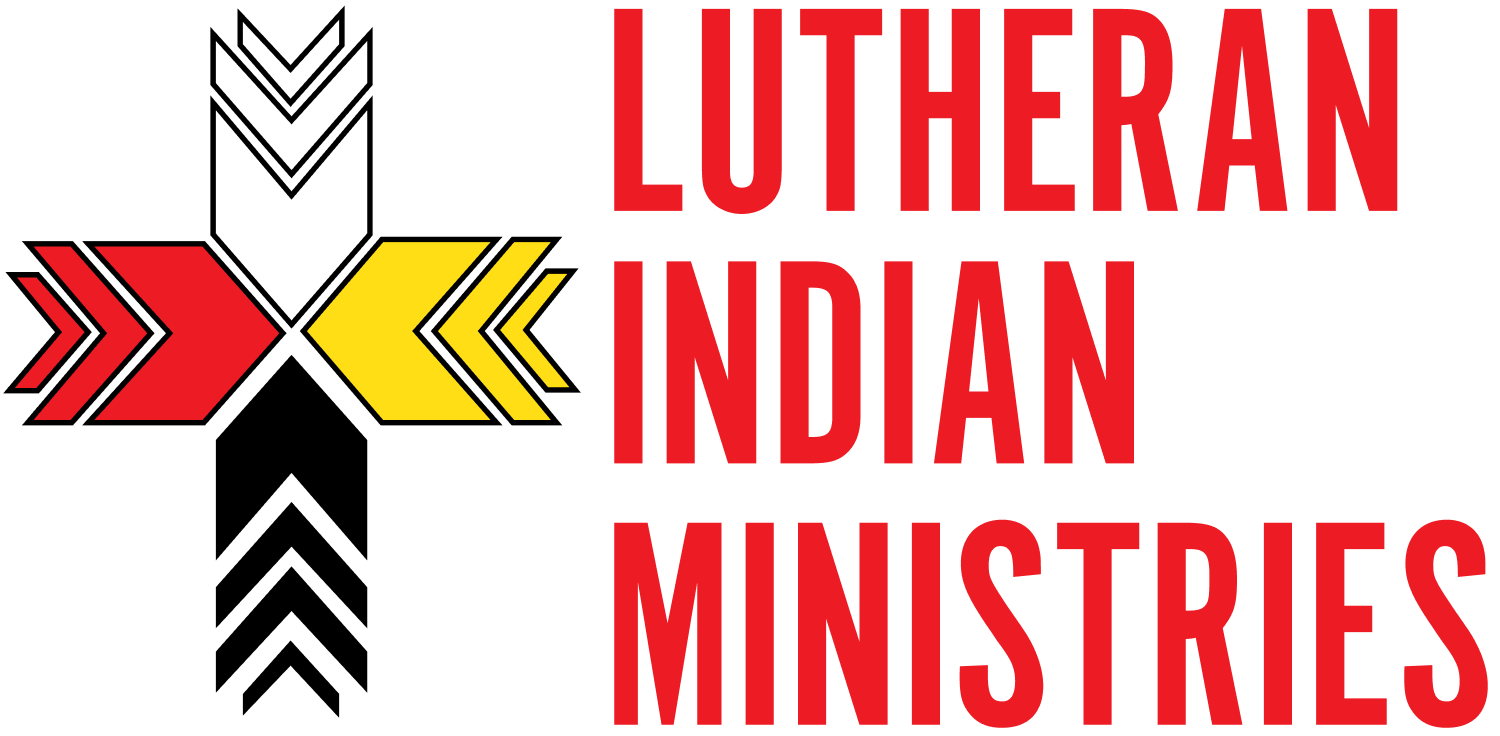This Week in Native American News (6/30/17): tattooed skateboards, barrel trains, and interactive maps
June 30, 2017
Great People Doing Great Things: Returning to Land
For some Kalihi residents, the two-acre stretch of land tucked down a small road off School Street is an ideal place to crack open a Heineken and unwind after work. But most people on Oahu have likely never heard of Loi Kalo Mini Park.
At least until Robert Silva began his work there two years ago.
Every Monday at 6:30 am, Silva, an an automotive instructor at Honolulu Community College, arrives at the park, machete, chainsaw, or weed whacker in hand. He’s working to clear the weeds and create a loi kalo, the Hawaiian term for taro patch.
Cultivating taro, a staple food in ancient Hawaii, and other Native Hawaiian edible and medicinal plants holds cultural significance for Silva, who is Native Hawaiian.
“The kalo plant, to the Hawaiians, is part of our genealogy,” said Mark Alapaki Luke, a Hawaiian Studies professor at Honolulu Community College and taro farmer.
For many Hawaiians, growing taro is still a part of life.
“It’s more meditation to me than work,” Silva said.
Read the full story here
A New Take on Traditional Art
Art isn’t just portrayed on a canvas or through sculpture. It is music, dance, poetry. All too often we think of art as something that belongs in a museum. But for Landis Bahe and Duane Koyawena, it is so much more than that. Art is a way to bring together the past and the present while also bridging gaps between cultures.
“Everyone has their own artistic abilities,” Bahe says. “It’s a good platform for that communication to happen, for all of us to bond, to become stronger as far as promoting ourselves, promoting one another, working together to make everyone else better as well as ourselves.”
Keeping this in mind, Bahe and Koyawena came up with a new idea for an art show, one that is meant to bring Flagstaff together and show a new kind of Native art. On June 30, these two artists will host an art show at Tat-Fu Tattoo showcasing work from Native artists across the Southwest. The medium: skateboard decks.
Read the full story here
Also on the art scene, Nunavut man wins national contest with his "How the Narwhal Came to Be" drawing.
Read more
Native Students Learn STEM Through Traditional Crafts
Northern Michigan University hosted a "Reimagine STEM Summer Youth Academy."
High school students from all over the country, and even as far as Mexico, learned new ways to approach science, technology, engineering, and math.
One of the classes was how to construct a traditional Ojibwe birch bark canoe. Other classes included 3D modeling, flavonoid in plants, and hoop making and dancing.
The goal of this two week academy is to help address the lack of Native American teaching methods within science education.
Read the Full story here -or- learn more about NMU's outreach to Native students
In other education News:
Australian Aboriginal children ride the barrel train to school, in an effort to encourage attendance and get kids excited about going to school each morning.
Read More
The Fort Peck tribes filed a complaint Wednesday against a Montana school district. The complaint against Wolf Point School District in northeastern Montana claims tribal students do not have equal access to education and extra-curricular activities.
It says some are treated so badly by fellow students, teachers and administrators that they quit sports teams, drop out or transfer to other schools farther away, and in some cases contemplate, attempt or complete suicide.
Read more
Need something to do this weekend?
Drink a latte at the Navajo Nation's first Starbucks
While you sip, watch this documentary about the Navajo railroad workers
Then take some time to learn your local Native history with this app
It's hard to fit so much news in such a small space.
To read all of this week's news, visit the LIM Magazine.
Sign up to get these emails in your inbox and never miss a week again!







